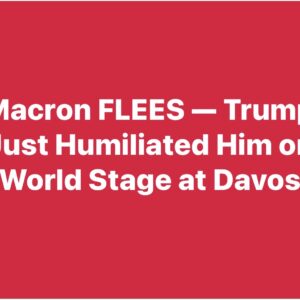Recent events have highlighted the evolving landscape of national governance and democratic processes, drawing attention from political analysts and the public. Over the past weeks, discussions have intensified about the stability of the current political framework, with experts noting mounting pressures from civil society, opposition groups, and international observers demanding greater transparency and accountability.
Policy reform debates are prominent. Advocates see reforms as essential to tackling economic inequality, healthcare, and education, believing they could promote societal progress. Critics warn that rapid changes might cause instability or unintended consequences, calling for caution and thorough consultation. This tension between reform and stability remains a key issue.
Civil society groups actively participate through protests and campaigns championing environmental, human rights, and economic justice causes, reflecting a vibrant democratic culture where citizen engagement influences policy.
International responses vary. Some countries and institutions support the democratic process, urging dialogue and adherence to norms, while others emphasize the need to protect democratic principles amid the turmoil.
Economically, markets and investors closely watch governmental decisions, which could impact stability and growth. While some sectors remain optimistic about opportunities from reforms, uncertainty persists given the complex political scene.
Public engagement remains strong, with polls showing diverse opinions. Media coverage continues to inform citizens and foster debate. The future of these political and social developments will shape national policies and societal unity in the coming months.
Stakeholders are encouraged to prioritize dialogue, consensus, and democratic values to navigate current challenges. The resilience and adaptability of institutions and the people will determine the nation’s path forward amid this evolving landscape…
STAY TUNED !




